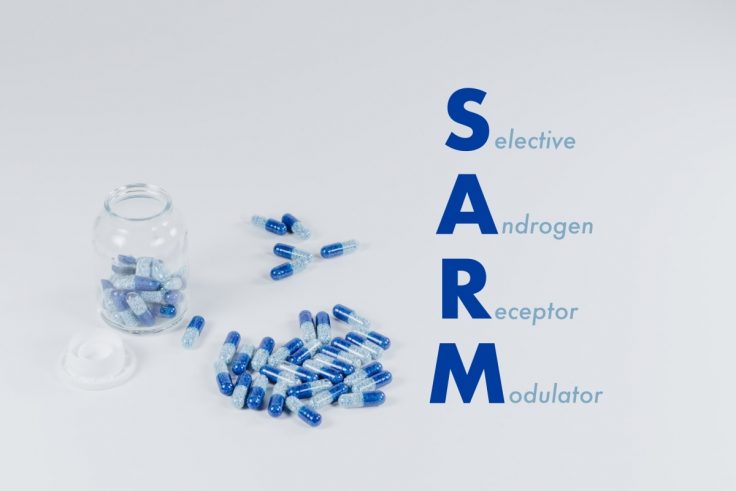What You Don’t Know (But Should) About SARMs

Drug companies developed SARMs to replace the anabolic steroids that come with numerous negative side effects. But are they better though?
SARM is short for Selective Androgen Receptor Modulator. These drugs should help you boost your workout performance and increase your muscle mass.
But if you’re thinking to buy SARMs for yourself or anything other than research purposes, it’s not a good idea. They’re not approved by the FDA, and also can lead to numerous health complications.
There are a number of reasons why any athlete considering SARMs to improve their performance should reconsider. Let’s talk about them!
Most Sports Have Banned Them
Given SARMs’ ability to rapidly develop muscle, they may seem tempting for athletes to use. Yet the potential risks they pose have led to them being prohibited by the World Anti-Doping Agency, as well as the NCAA.
If SARMs are discovered in your system, it will likely have an adverse effect on your sports career.
The Costs Can Outweigh The Gain
You may have heard that SARMs are less harmful to the body than anabolic steroids, but that doesn’t mean their effect is always benign.
Not only can they limit testosterone production, but they can also make one more susceptible to:
- Strokes;
- Increased cholesterol;
- Liver toxicity;
- heart attacks;
- And perhaps even cancer.
They can also have side effects on your endocrine system, which plays a role in virtually all of your bodily functions.
SARMs are not approved by the FDA either, and several questions about their long-term impact remain unanswered.
They Can Have Medical Benefits, However
Though SARMs have their risk, they also can provide medical benefits, such as restoring a person’s muscle mass and can also help improve joint and bone health, as well as appetite. They can even improve a person’s sleep and reduce excess fat.
Furthermore, despite the potential medical risks, they are notably safer than anabolic steroids.
Several research facilities continue to study them in hopes that they can be used to treat even more conditions, including some forms of cancer and osteoporosis.
Some Dietary Supplements May Contain SARMs
You might not even realize which ones. There are several different kinds of SARMs out there, and if you’re not familiar with their names, you could be taking one without even realizing it.
Fortunately, there are web sites that can help you identify them in the supplements you take.
The Global Drug Reference Online allows you to see which medications are prohibited in sports by country, including the United States, Japan, the United Kingdom, and Switzerland.
Meanwhile, Operation Supplement Safety has a comprehensive list of SARMs commonly found in dietary supplements and elsewhere.
Moreover, if you see a SARM claiming to be a dietary supplement, steer clear, as chances are it’s an illegal product.
You May Need A Prescription For Them
While SARMs are widely prohibited and lack FDA approval, their positive effects in medicine do allow them to be prescribed in certain countries, such as Australia.
Doctors should be aware of whether or not their country allows SARMs prescriptions for treating certain conditions.
Just Because Web Sites May Sell SARMs Doesn’t Mean You Should Buy Them
If you see a site specifically offering them as a dietary supplement, click away, as they’re likely not authorized.
Research laboratories can purchase SARMs online, but only for laboratory use. Don’t try to buy SARMs intended for research for personal use, as the legal ramifications can be severe.
So think twice if you’re considering SARMs as a way to boost your game. You can make great gains through diet and exercise alone, and won’t get into trouble in the process.